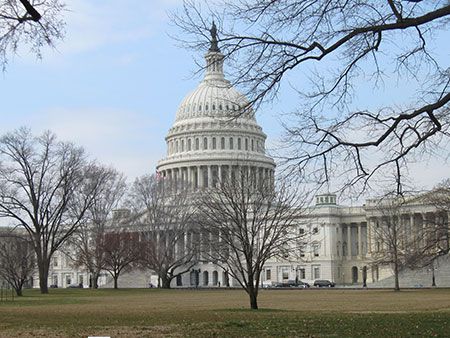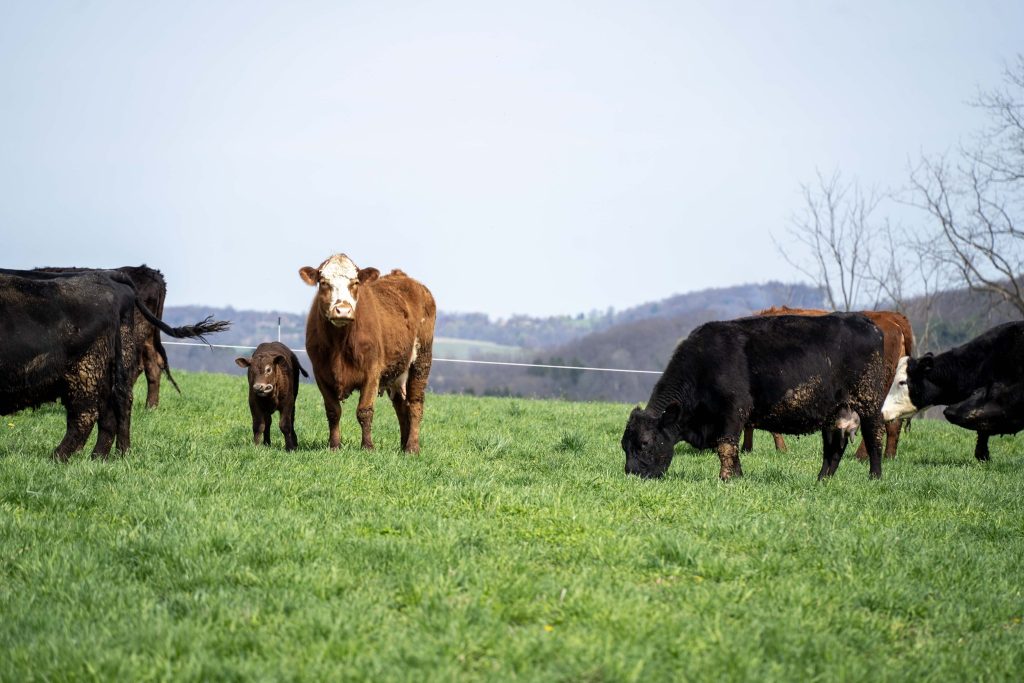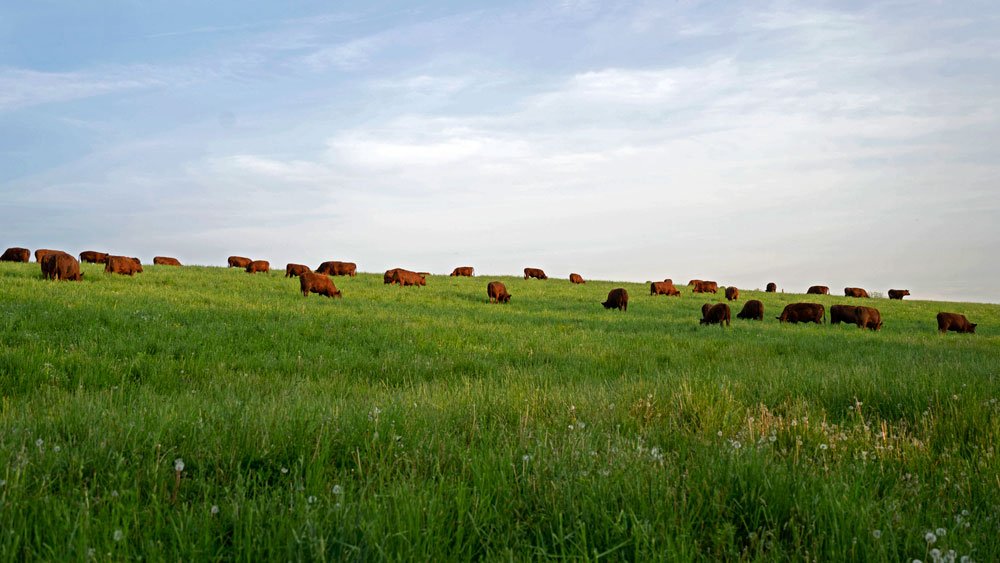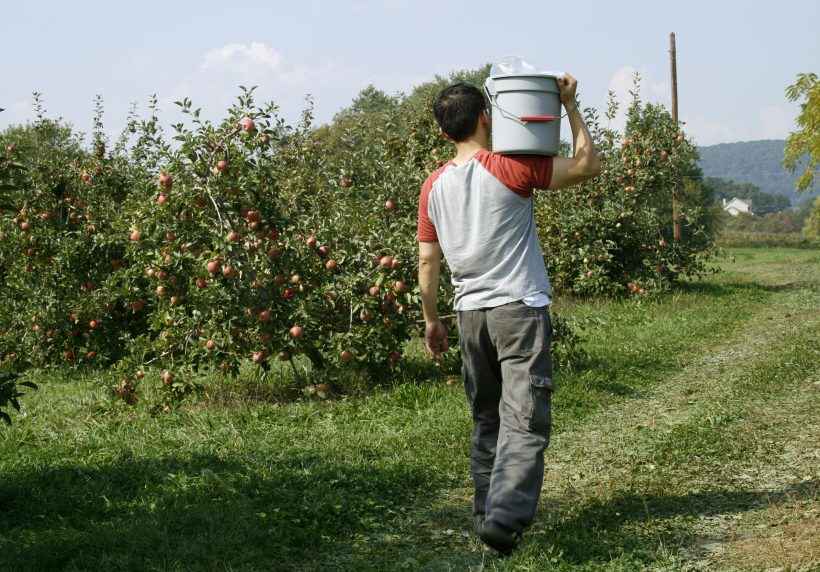By Chris Hoffman, President, Pennsylvania Farm Bureau
As farmers, we recognize that Americans are increasingly interested in where their food comes from and how it is produced. This is especially true with how animals are raised for food production, which has led some states to impose emotionally satisfying yet counterproductive animal welfare standards for products sold within their borders—regardless of where those products originate.
Make no mistake, farmers are committed to the proper care of the animals they have been entrusted with. They are our livelihood and a large part of the legacy we hope to pass along to future generations. Yet rather than protecting animal health, the aforementioned state standards now threaten to create a patchwork of ill-conceived laws and regulations that not only fail to protect animals but also increases consumer costs. This unscientific law weakens food security, which is linked to national security, and threatens the livelihoods of small family farms that are the backbone of Pennsylvania agriculture. To prevent these negative outcomes, Congress must act—and the new federal Farm Bill offers an opportunity for such action.
The 2018 adoption of California’s Proposition 12 (Prop 12), a ballot initiative prohibiting the sale of eggs, veal meat and pork products from animals unless they meet the state’s confinement standards, is the most recent state action illustrating the need for a federal solution to this issue. California consumes about 15% of the nation’s pork, while producing less than a tenth of a percent of it, meaning they must rely on out-of-state production to meet their demand. That means pork producers outside the state must follow California standards if they wish to do business there, regardless of their own state’s laws and regulations.
Due to the implications of California’s law on interstate commerce, the American Farm Bureau Federation (AFBF) and the National Pork Producers Council (NPPC) filed a legal challenge which was rejected in May 2023 by the U. S. Supreme Court, thus returning the issue to Congress. If the House and Senate fail to act to remedy this situation, one state will be allowed to dictate business practices for the entire nation. This increases the risk of one – or several states – tangling up America’s entire system of interstate commerce by passing unscientific laws limiting or prohibiting the sale of any type of goods from other states.
We believe that Congress must act quickly to ensure that states cannot set the rules for interstate commerce. Fortunately, Rep. Glenn “GT†Thompson, in his capacity as chairman of the U. S. House Agriculture Committee, has proposed a common-sense solution to address state actions like California’s Proposition 12. Chairman Thompson’s proposal clarifies that states and local governments cannot impose standards of production, as a condition for sale or consumption, on livestock produced outside of their borders. This protects a producer’s right to participate in a national market without having to adhere to a patchwork of costly compliance requirements. It also protects the rights of states and local governments to impose production standards as they see fit, but only for livestock raised within their own borders.
Renovations to become compliant with things like Prop 12 are financially burdensome for producers of all sizes – especially for many small family farms – that are already struggling to remain in operation and would likely not be able to stay in business under a Prop 12-like regime. The ultimate result will be even more consolidation in agriculture among a few large entities, which will inevitably translate to increased prices at the grocery store and fewer families who can afford high-quality protein—especially those who are already struggling with high grocery prices caused by inflation and have no interest in paying a “premium†for pork raised under a Prop 12-like system.
Worst of all, the promised improvements to animal health and welfare under Prop 12-like standards simply do not materialize, in large part because those standards were created by people with little to no knowledge or understanding of the realities of veterinary science and animal husbandry. In the case of the pork industry, sow mortality rates have increased nationwide since the implementation of Prop 12— an outcome that the Golden State’s Department of Food and Agriculture (CDFA) admitted would occur before Prop 12 was implemented.
The continued presence of Prop 12 (and other state laws like it) sets a harmful precedent for animal agriculture and opens the ability for states to create a similar patchwork of mandated growing practices for beef, poultry, sheep, and/or dairy. Congress must do its duty to protect farmers and consumers from unscientific state mandates that threaten animal health, economic viability, and interstate commerce. Chairman Thompson has crafted a workable solution in the upcoming Farm Bill that can win bipartisan agreement—and which deserves our support.
















